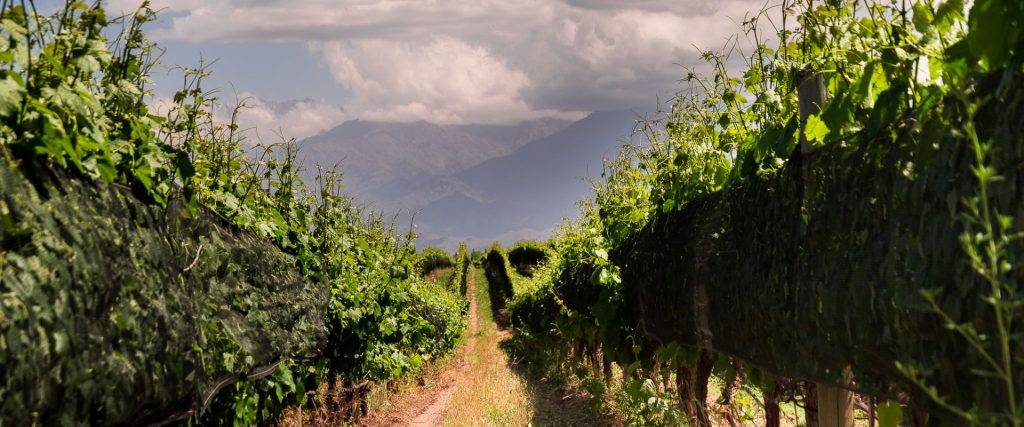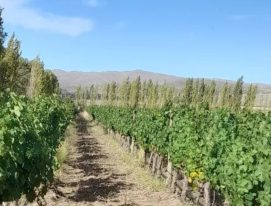Across the world, organic or ecological viticulture has grown by 13% a year over the past decade in terms of vineyard surface area.
Argentina has been a major part of this trend and is now one of the top ten producers of organic grapes and wines, especially organic Malbec. Within that same time span, the country has doubled its number of hectares with organic certification and, as one might expect, Malbec is the most successful variety among Argentine organic wines.
Organic Malbec: Malbec goes Green
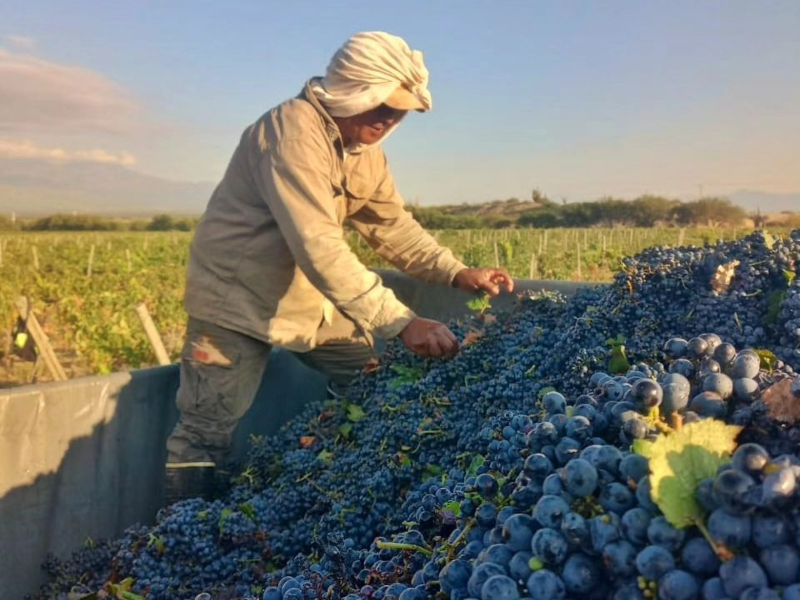
In Argentine vineyards, organic practices are forging a new, sustainable future for wine. The path to environmentally conscious, committed viticulture also involves regenerative agriculture and minimal intervention methods, which many producers are also implementing.
So, wines are arriving on the market that are redefining the distinction between conventional agriculture and more committed, careful approaches.
The numbers offer a good idea of the pace of change: Argentina already has 10,650 hectares of organic vines, and just as many in transition, whose fruit is processed by 142 establishments. Of that surface area, 30% is accounted for by organic Malbec and for several reasons it is this variety that is driving the growth of organic production in the country.
Victoria Brond, the oenologist at Alpamanta, an organic, biodynamic vineyard and winery, explains that “Malbec is a variety that adapts well to the Argentine terroir and provides excellent quality grapes. Its flexibility and adaptability to the terrain helps us to regenerate the soils, implementing regenerative viticulture and organic and biodynamic practices without too much difficulty. Its water and nutritional requirements and a growth cycle that suits its environment produce grapes with good natural acidity and low potential alcohol. It really helps us in our quest to produce great wines with a range of styles and profiles.”
The growth of the organic Malbec category is now being seen in the market. This is confirmed by Alejandro Kuschnaroff, the Winemaker at Ernesto Catena Vineyards – where Animal wines have been produced for over a decade: “Consumers are notably gravitating towards organic Malbec. The prejudice against organic wines that once existed has gone. We have shown that they are wines that actually require much greater care in the vineyard and at the winery. Today consumers are more aware of what an organic Malbec really is, we don’t have to campaign for them the way we used to. We’ve shown that wines made with organic Malbec are ideal for the cellar and age very well.”
What to expect from an organic Malbec
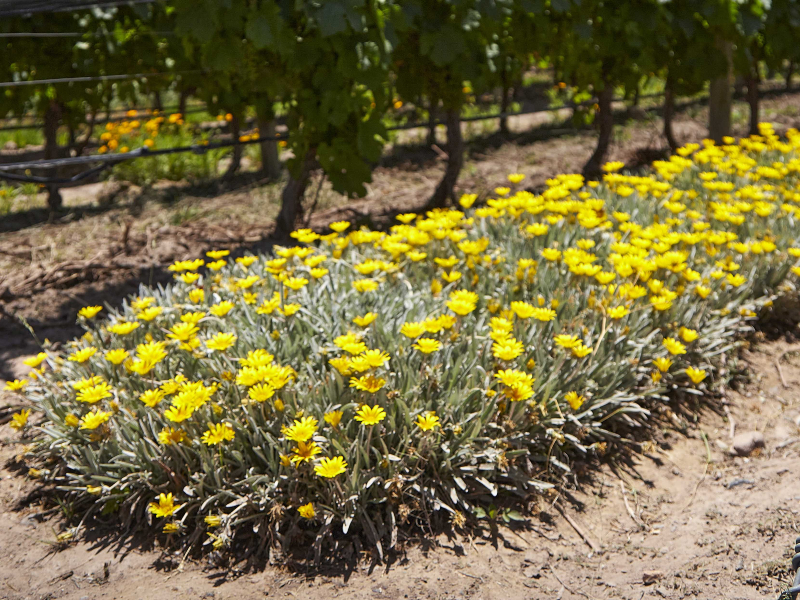
Connoisseurs will already have been struck by the increasing number of organic Malbecs that are appearing year on year. There are several explanations for this. On the one hand, demand for organic products is on the increase across the world, mainly in Europe, Asia and the United States, and wine has become the second largest agricultural export from Argentina. On the other, winegrowers are increasingly concerned about the environment while the climate in Argentine vineyards is conducive to change.
So, what should we expect when we open an organic Malbec? First of all, it’s important to bear a few things in mind, as Gustavo Bauzá from Casa de Uco, an organic winery in Los Chacayes (Uco Valley), explains: “in sensory terms, both aromas and flavors, there isn’t a great difference between organic Malbec and the rest. The real difference is the philosophy, not the sensory experience. An organic Malbec depends on producers being kind and giving back to the environment. As a consequence of these environmentally friendly practices, organic producers want a sense of place to come first and foremost and tend to produce fresh Malbecs with a very expressive fruity profile that reflects local characteristics.”
Organic Malbecs to enjoy
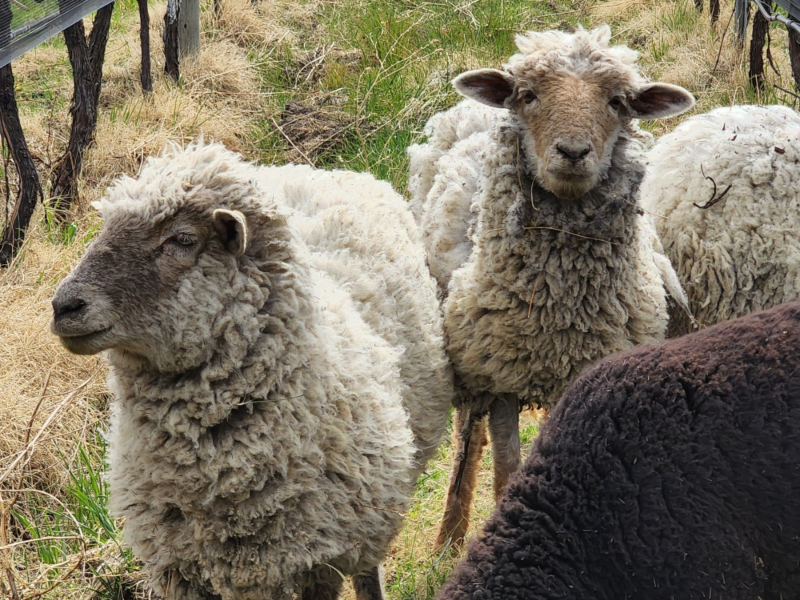
Today, the range of organic Malbecs available is quite varied and includes reds, rosés and white Malbecs. In Mendoza, where 60% of organic Malbec vineyards are to be found, notable producers include Argento, Casa de Uco, Chakana, Domaine Bousquet, Krontiras, Ernesto Catena Vineyards, Escorihuela Gascón, Lagarde and Piedra Negra. Meanwhile, wineries such as Andeluna, Antigal, Catena Zapata, Doña Paula, Luigi Bosca, Nieto Senetiner, Pulenta Estate, Renacer, Ruca Malen, Susana Balbo Wines and Trivento include organic wines in their portfolio among which Malbecs stand out, in some cases made with their own grapes and in others with grapes from certified vineyards.
Beyond Mendoza, you might well be dazzled by Otronia Malbec, which is made with grapes from the most southerly vineyard in Argentina and, on the other side of the country in the Calchaquí Valleys, Bodegas Nanni and Stutz Wines are two excellent Malbec producers.
Organic Malbec isn’t just a trend, it’s an option that offers an exquisite sensory experience coupled with a commitment to caring for the planet.

